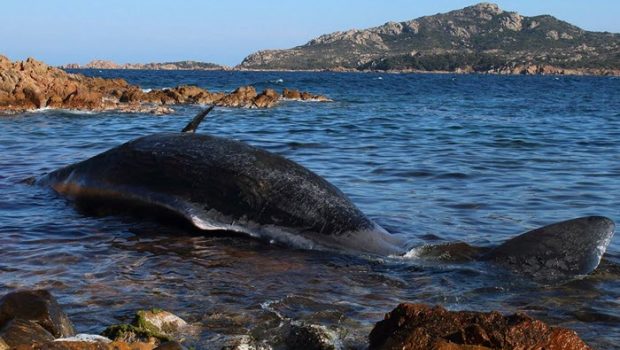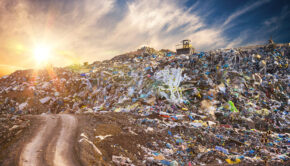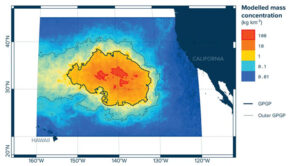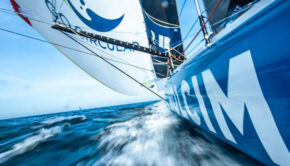Recognizing the need is a start
Published on April 3rd, 2019
by Craig Leweck, Scuttlebutt
When more than 48 pounds of plastic, including disposable dishes, a corrugated tube, shopping bags and a detergent package with its bar code still visible, was recently found inside a dead sperm whale in Italy, it was the latest reminder that our food chain is living amid a trash dump.
And while it is well-recognized that the bulk of the problem is in Asia, shifts have to begin somewhere so it is refreshing to see that evident as straws and meal containers in the USA move away from plastic to eco-friendly options.
However, it is easy to see these as symbolic gestures when you view how goods are packaged, or how our quest for convenience has fostered a reliance on non-degradable solutions. It will take a while to adjust adult habits, but recognizing the need is a start.
Hopefully the next generation will have an easier time, particularly now that single-use plastic items such as straws, forks and knives as well as cotton buds will be banned in the European Union by 2021 following a recent vote by EU lawmakers as the bloc pushes manufacturers to step up their recycling efforts.
Growing concerns about plastic pollution in oceans, particularly as stories of that dead whale circulate, along with China’s decision to stop processing waste, have prompted the EU to take more drastic steps to tackle the issue.
Marine litter has come under the spotlight because 85 percent of it is plastic.
The European Parliament voted by 560 to 35 in favor of banning 10 single-use plastics including plates, balloon sticks, food and beverage containers made of expanded polystyrene and all products made of oxo-degradable plastic. These are the 10 most found items on EU beaches.
Currently, the EU recycles only a quarter of the 25 million tons of plastics waste it produces per year. EU countries can choose their own methods of reducing the use of other single-use plastics such as takeout containers and cups for beverages.
They will also have to collect and recycle at least 90 percent of beverage bottles by 2029. Additionally, tobacco companies will be required to cover the costs for public collection of cigarette stubs, which are the second most littered single-use plastic item.








 We’ll keep your information safe.
We’ll keep your information safe.